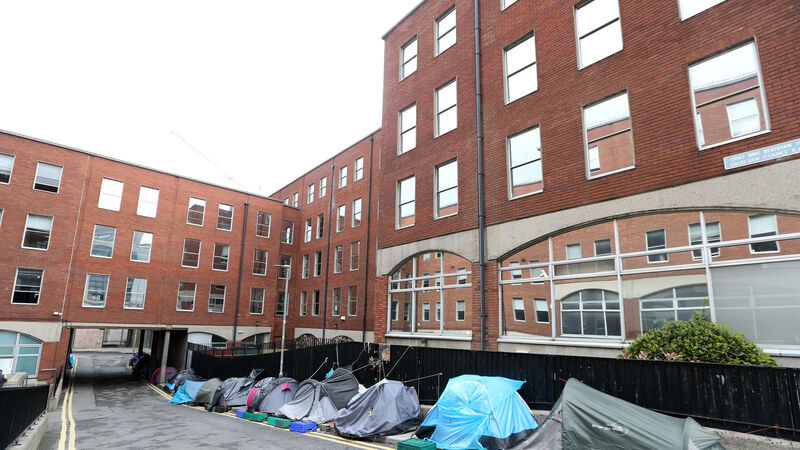Compulsory purchase orders should be used to build asylum centres, report recommends

The Government sought to end direct provision by the end of 2024, but this is being pushed back due to the war in Ukraine and a large influx of international protection applicants. Picture: Sasko Lazarov/RollingNews.ie
Emergency powers including compulsory purchase of land should be used to deliver six new reception and integration centres for asylum seekers, an advisory body has recommended.
A review published in July by the External Advisory Group on Ending Direct Provision is calling for exceptional measures to deliver State-owned centres which would accommodate between 500 and 750 people each, by the end of 2024.













